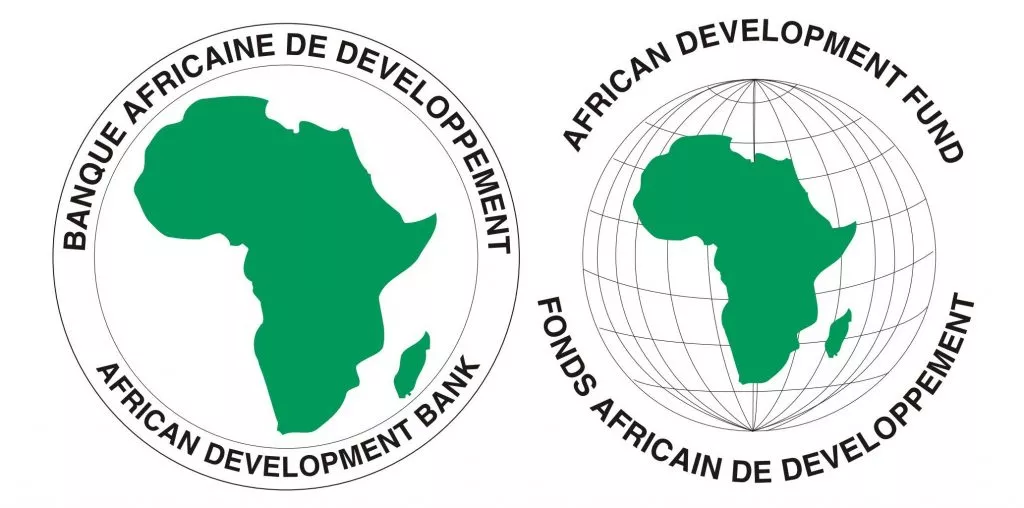REQUEST FOR EXPRESSIONS OF INTEREST
AFRICAN DEVELOPMENT BANK
TRANSITION STATES COORDINATION OFFICE
Immeuble du Centre de commerce International d’Abidjan (CCIA)
Avenue Jean-Paul II
01 BP 1387, Abidjan 01, Côte d’Ivoire
- The African Development Bank hereby invites Consulting Firms to indicate their interest in the following Assignment: Urban drivers of fragility and resilience
- The services to be provided under the Assignment include: Cities are engines of economic growth and have the potential to alleviate/de-risk the same inflictions of fragility that they often times induce through proper planning and investment. Unfortunately, the contributory role that cities can play is either neglected or under prioritized as many urban centers face rapid growth and remain without urban governance structures or strategies to adapt in the wake of such changes. It is predicted that by 2050, 56 percent of the global population in fragile and conflict-affected states will be living in cities, an increase of more than 20 percent compared to 2000. While the African continent is rapidly urbanising, poverty remains widespread. Together with under-developed urban industries and infrastructure, this contributes to the proliferation of slums. According to reports, if nothing is to be done ubiquitous urban poverty and urban slum proliferation, so characteristic of Africa’s large cities, is likely to become an even more widespread phenomenon under current urban development trajectories, thus increasing vulnerability to accumulation of risk. Cities in sub-Saharan Africa are also predicted to experience some of the most severe impacts, not least due to the low levels of adaptive capacity among urban populations. There are considerable variations in severity and distribution within and among urban areas: floods and mudslides in small towns in East Africa are forcing many urban residents to leave their homes, while the growth of cities like Benin City, Port Harcourt and Alexandria in mega-deltas are increasing the number of people exposed to coastal hazards, such as storm surges and sea level rise.
Despite a growing body of literature on specific risks, particularly flooding in African cities, existing literature and data sets do not capture adequately the way that current patterns of urban development are shaping the types and levels of risk and fragility in sub-Saharan urban areas. There is little research into the myriad political, governance, economic, environmental, social, and cultural changes taking place in African towns and cities, and still less consideration of the implications for the generation, accumulation and reduction of risk. There is thus an urgent need for more nuanced understandings of urban risk and fragility in Africa, particularly through an assessment of how the nature and scale of fragility are shifting in the context of persistent poverty, urban growth and climate change.
Objective of study
Review ways that key global and regional agendas (Agenda 2063, High-5s and Agenda 2030) are being ‘localized’ in African cities to address fragility and urban governance challenges and promote and inclusive Leave No One Behind approach
Identify and review ways in which multilevel governance systems, effectively linking core functionality of central and local governments, contribute to mitigating urban crises in Africa such as spatial expansion, changing demographic profiles of cities, prevalence of informal economies and settlements, urban poverty, informality, infrastructure and service provision, land management, and local governance capacity
Based on a review of recent experiences, identify effective development cooperation mechanisms for addressing urban crises in Africa – and possibly drawing on lessons from other regions :
- Review and identify structured accountability systems used by national and/or local governments to implement development planning in fragile urban settings ;
- How to strengthen governance systems/core government function/ urban development actors to manage spatial expansion, the demographic profiles of cities, the prevalence of informal economies and settlements, urban poverty urban development, including informality, urban poverty, infrastructure and service provision, land management, and local governance capacity ;
- Compile indicators and metrics into an evaluation matrix that can be applied to cities in transition states ;
- Create a toolkit linked to the matrix to help users improve results based programming in cities affected by fragility to enhance strategic development ;
- The duration of the mission will be 16 weeks. The team should consists of a Senior Researcher and 3 Research Assistants.
- The TRANSITION STATES COORDINATION OFFICE (RDTS) invites Consulting Firms to indicate their interest in providing the above-described services. Interested eligible Consulting Firms or associations of Consulting Firms shall provide information on their qualifications and experience demonstrating their ability to provide the services (documentation, references for similar services, experience in comparable Assignments, availability of qualified staff, etc.).
- The eligibility criteria, the establishment of a short list and the selection procedure shall be in conformity with the Bank’s Procurement Policy Framework for projects financed by the Bank Group, October 2015 Edition, available on the Bank Website at http://www.afdb.org. Please, note that interest expressed by a Consulting Firm does not imply any obligation on the part of the Bank to include it in the shortlist.
- The estimated duration of services is 16 weeks and the estimated starting date is End of November 2018 ;
- Interested Consulting Firms may obtain further information at the address below during the Bank’s working hours : from 08 : 00 to 17 : 00 hours ;
- Expressions of interest must be received at the address below no later than November 12, 2018 at 15 : 00 local time and specifically mentioning Enhancing Urban Development Investments in Transitioning States through an Urban Fragility Assessment Matrix and Toolkit – Joint study AfDB-UNDP
For the attention of : Mr. SANOGO ALI
African Development Bank
Transition States Coordination Office
Immeuble du Centre de commerce International d’Abidjan (CCIA)
Avenue Jean-Paul II
Abidjan
01 BP 1387, Abidjan 01
COTE D’IVOIRE
E-mail: a.l.sanogo@afdb.org or t.sorensen@afdb.org
